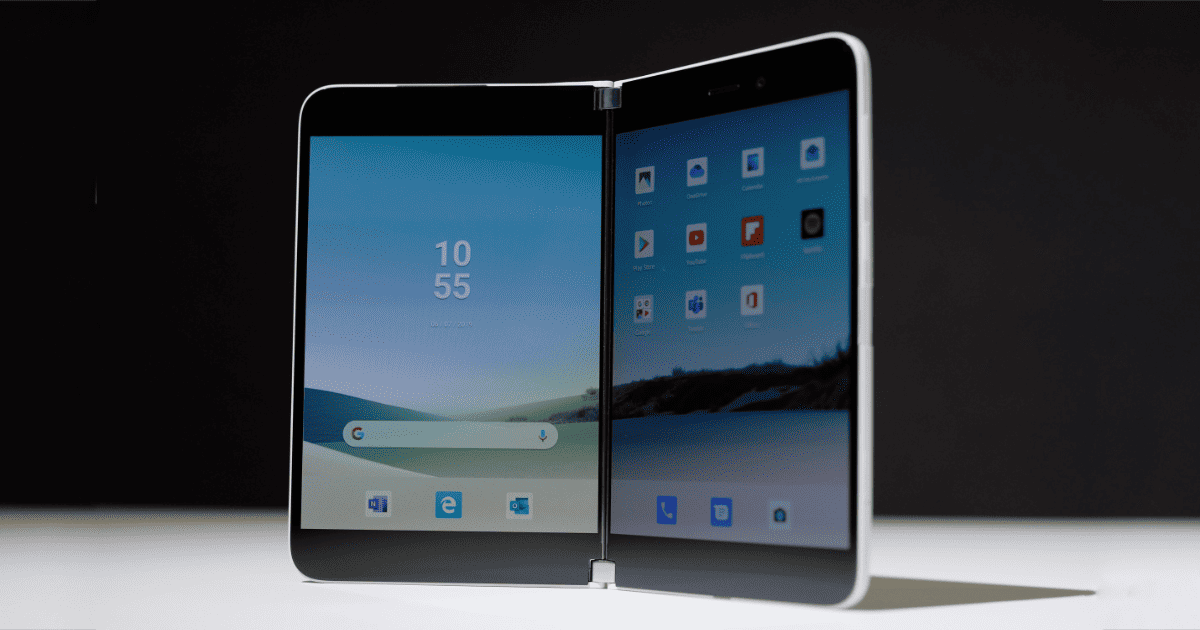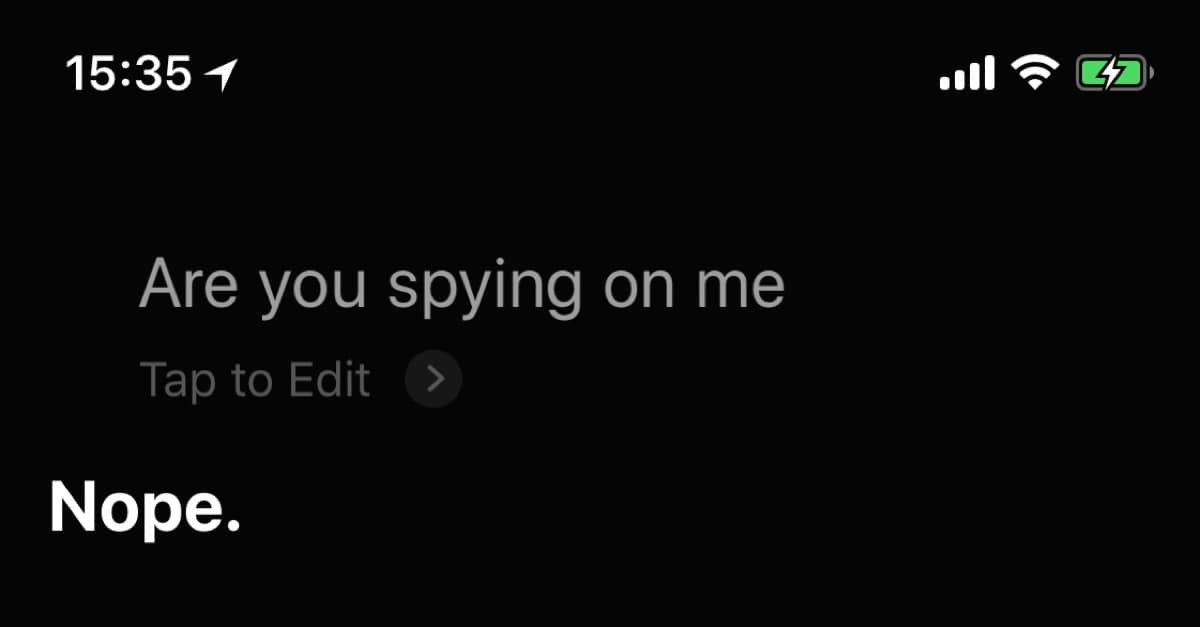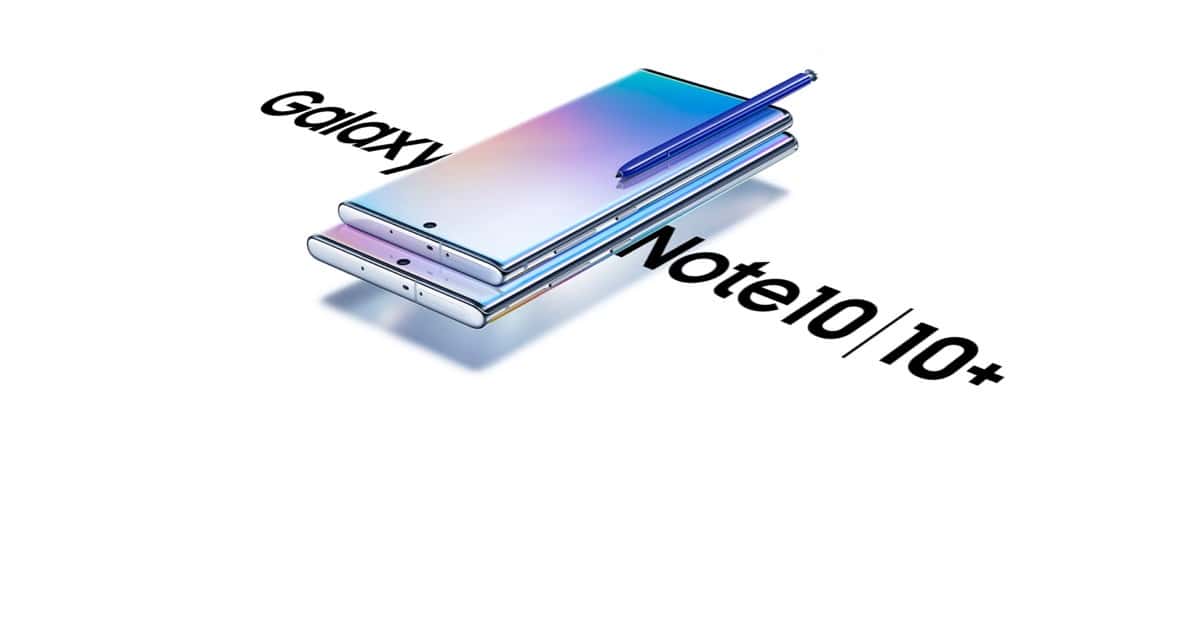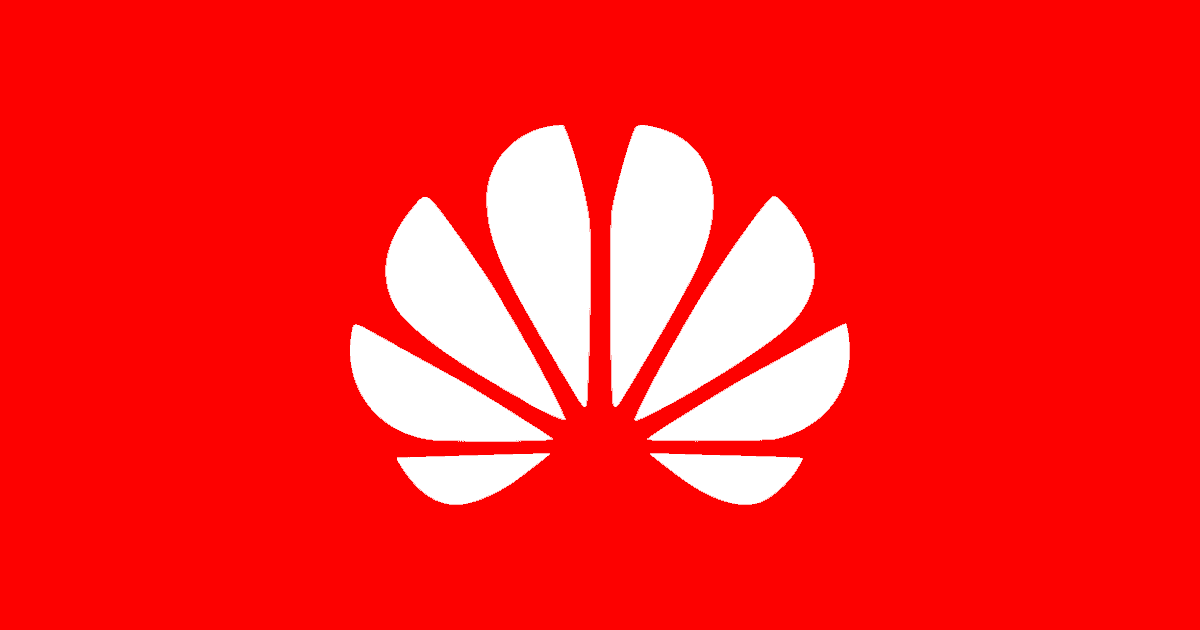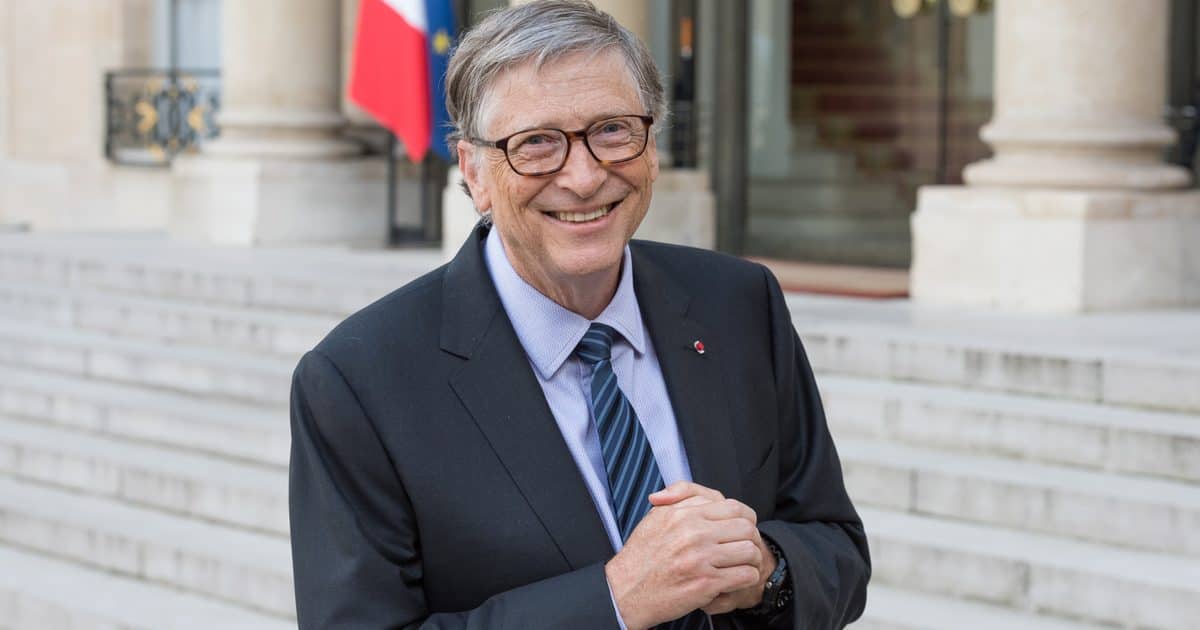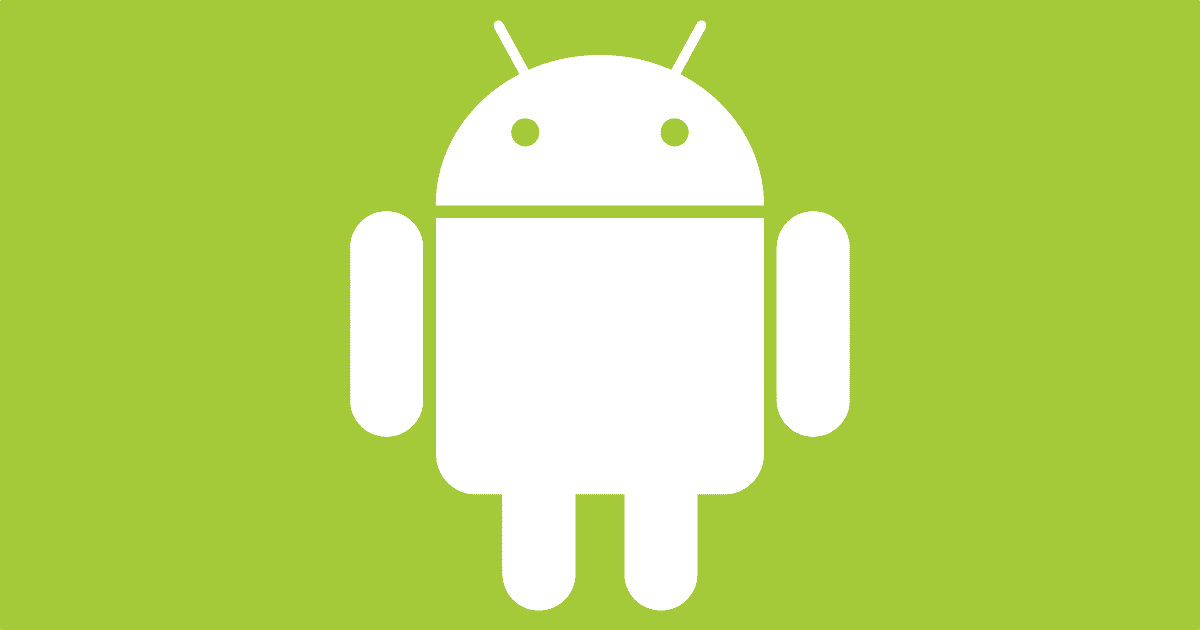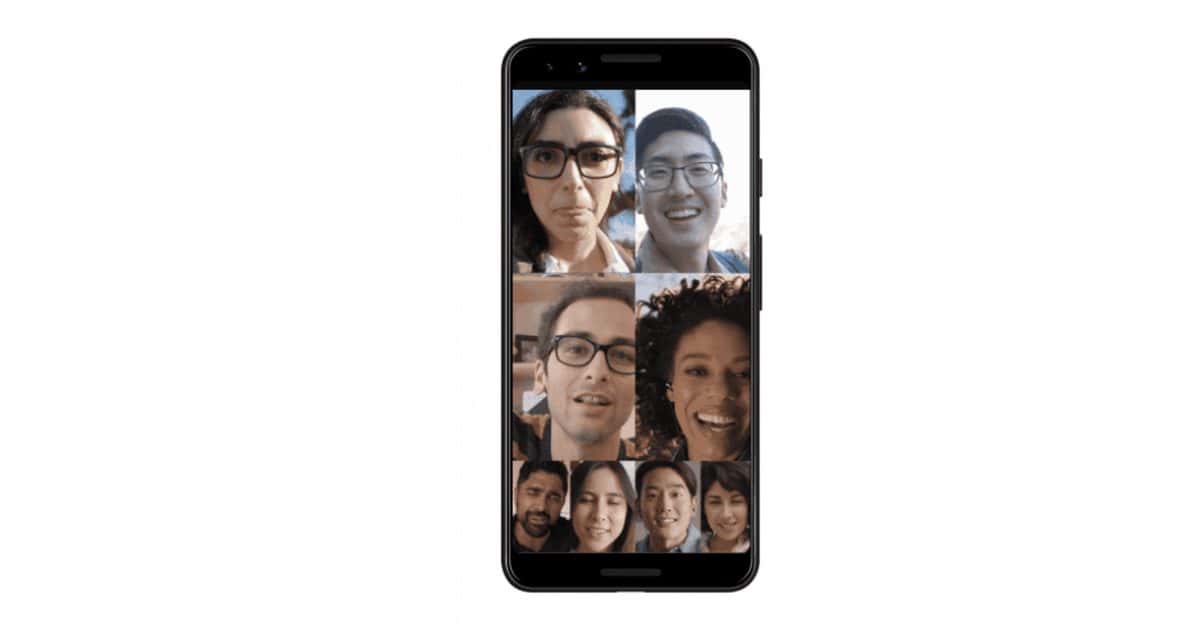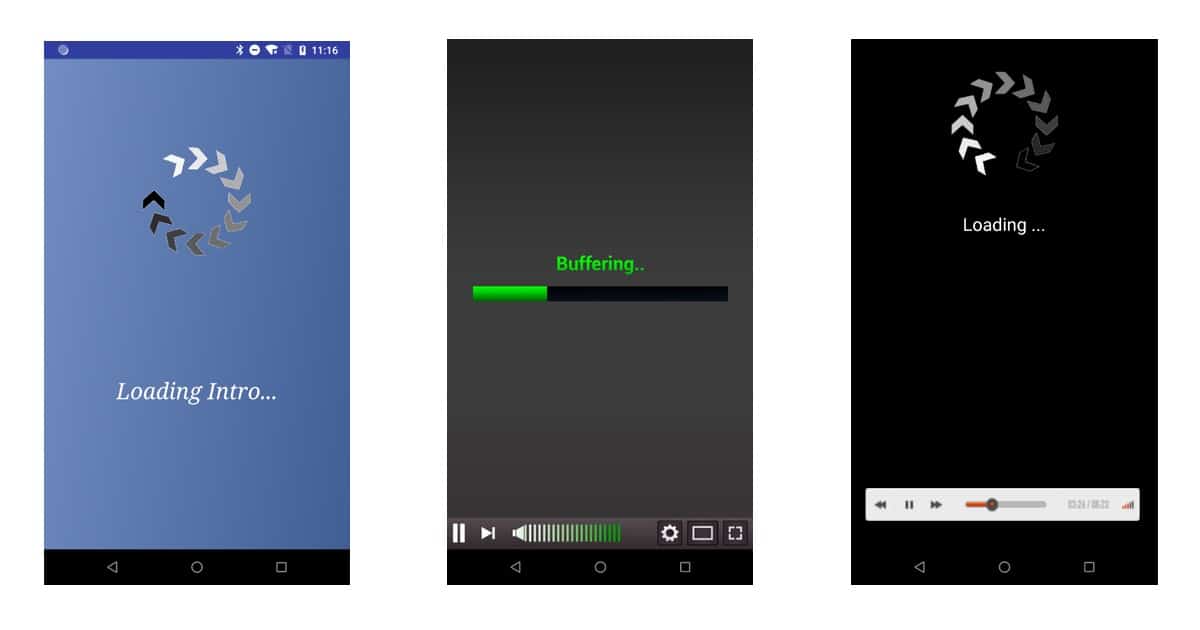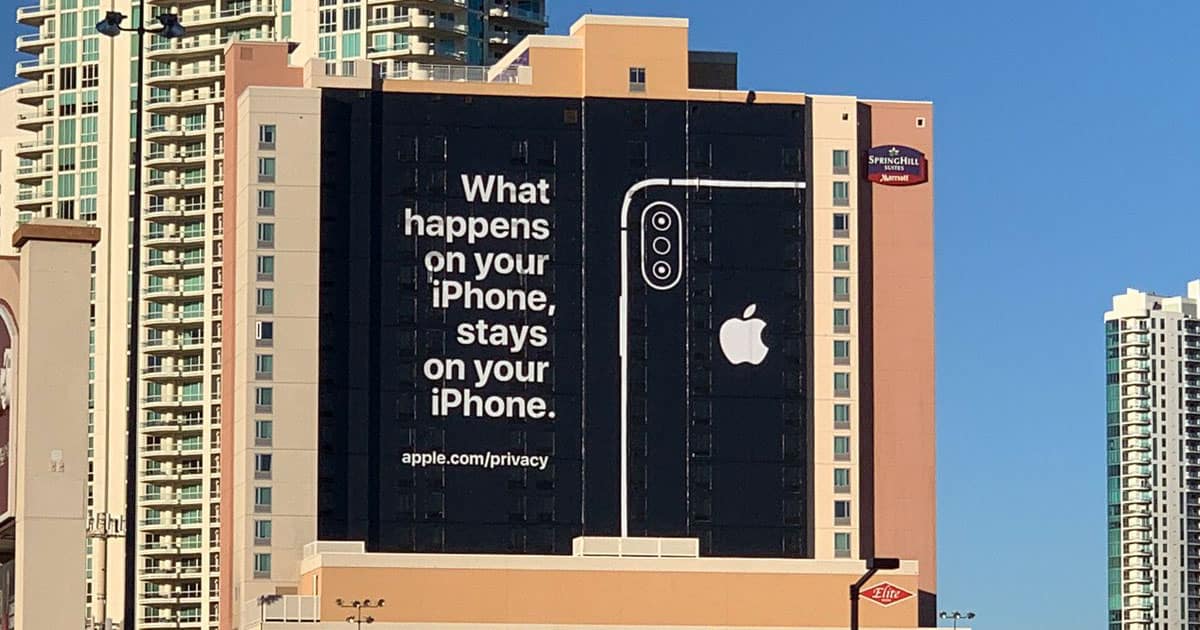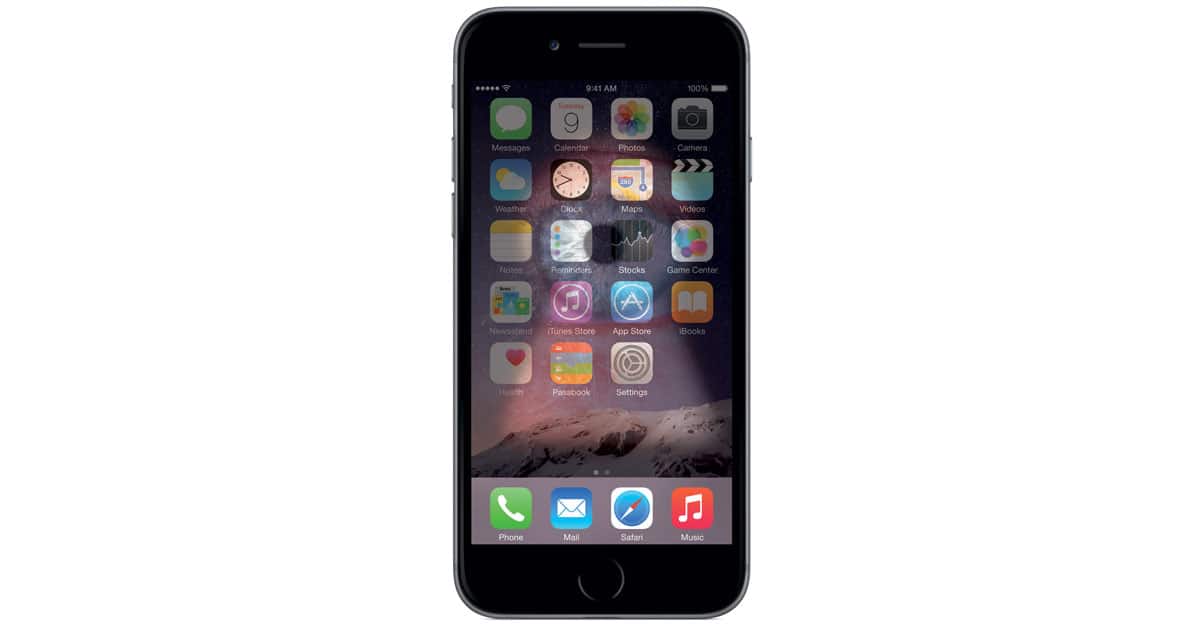Charlotte Henry and Bryan Chaffin join host Kelly Guimont to discuss Google announcing better malware scans and Apple’s updated family leave.
Android
Google Seeks Better Android Security via App Defense Alliance
Google wants Android to have better security so it’s teaming up with other firms to create the App Defense Alliance.
New Surface Duo Folding Phone Looks Like Courier Tablet
Microsoft announced a range of new products today, one of which is a Surface Duo phone with two screens and running Android 9 Pie.
Researchers Test Phones to See if They're Secretly Listening
Researchers put an iPhone and a Samsung phone into a room, playing cat and dog food advertising for 30 minutes.
The security specialists kept apps open for Facebook, Instagram, Chrome, SnapChat, YouTube, and Amazon with full permissions granted to each platform…They repeated the experiment at the same time for three days, and noted no relevant pet food adverts on the “audio room” phones and no significant spike in data or battery usage.
The results won’t surprise those in the information security industry who’ve known for years that the truth is that tech giants know so much about us that they don’t actually need to listen to our conversations to serve us targeted adverts.
For some people, maybe the belief that phones secretly spy on us is less terrifying than learning how much data these corporations actually have on us.
After Bashing Apple, Samsung Caves, Deletes Headphone Jack
The Verge writes:
… today’s just-announced Samsung Galaxy Note 10 doesn’t include the 3.5mm socket, even though it’s the phone that would have been most likely to keep it around….
Now, like some of its competitors, Samsung just has to pretend it never made fun of Apple for doing the same damn thing. Because even if you try to delete these videos, Samsung, the internet has a long memory.
The excuses explanations Samsung makes are hilarious.
MacBook Pro Changes, iPhone Design Leaks – TMO Daily Observations 2019-08-05
John Martellaro and Bryan Chaffin join host Kelly Guimont to talk about changes to the MacBook Pro lineup, and iPhone designs vs Nexus leaks.
Huawei Wants to build "Huawei OS" to Compete
Huawei OS could be coming in the future as the Chinese company prepares for a worst-case scenario in light of U.S. blacklisting.
News+: Should Apple Leak the iPhone 11 Design?
In the latest issue of Macworld, Michael Simon says that Apple should leak the iPhone 11 design like Google did for the Pixel 4.
We already know it’s coming in September. And we kind of know what it will look like too. There have already been bountiful leaks that have revealed a giant square camera bump—which incidentally looks a whole lot like the Pixel 4—and it’s expected that all three models will be pretty much identical from the front. So what’s the harm in confirming what we already know?
If we accept two conditions: 1) Many Android phones tend to mimic iPhones; and 2) iPhone 11 mockups are close to or exactly the real design; Then I think the Pixel 4 was also the iPhone 11 leak.
This is part of Andrew’s News+ series, where he shares a magazine every Friday to help people discover good content in Apple News+.
Last Month Google Play Had 205 Malicious Apps With Over 32M Installs
In July alone, Google Play had 205 malicious apps with over 32 million installations, most of them containing hidden ads.
The bulk of the suspicious software – 188 to be exact – contained hidden ads, accounting for 19.2 million installs. The rest of the offenders fell under the categories of subscription scam, ad fraud, stalkerware, fake apps, fake antivirus tools, adware droppers, and software with built-in backdoors, according to data compiled by ESET malware researcher Lukas Stefanko.
A Bill Gates Regret: How It Cost Microsoft $400B
At Roughly Drafted, Daniel Eran Dilger, diagnoses a recent assertion by Bill Gates regarding Microsoft, iOS and Android.
As Apple prepares the release of iOS 13 and splits off the new iPadOS 13 for specialized mobile tablets, Microsoft’s former chief executive Bill Gates mused this week that it would have been the “natural thing” for Microsoft to have been the “standard non-Apple phone platform.” But he’s wrong, here’s why.
RCS Launching For UK and French Android Users This Month
Google will bring RCS messaging directly to Android users but, unlike iMessage, the service is not yet end-to-end encrypted.
Google Pixel 4 Gives us a Hint of iPhone XI
Google just shared a photo of its upcoming Pixel 4 phone, and I think it gives us a hint of what the iPhone XI will look like. Android manufacturers are notorious for copying the appearance of iPhones, like the notch. The Pixel 4 shows a square camera module on the back, so I think it’s likely the rumors and mockups of a square iPhone XI camera module with three cameras are probably correct.
Well, since there seems to be some interest, here you go! Wait ’til you see what it can do. #Pixel4
Google Duo Introduces Group Calling For up to 8 People
Video calling app Google Duo has been updated to have group calling for up to eight people and a video messaging feature.
Comparing Android Security Versus iOS Security
Keiran Dennie tweeted an interesting chart that compares the security of various smartphone operating systems.
Wondering about Android and Apple phone security? Here’s an objective chart to help you decide.
It’s a well known fact of Android that people have to rely on their carrier to push out security updates. This can take weeks, months, and sometimes they don’t get released at all.
Google Investigation Shows Apple Was Right About Face ID
Take this with a grain of salt because this tweet is all I’ve seen about this. But David Ruddock of AndroidPolice mentioned a Google investigation trying to determine if certain types of fingerprint sensors are secure.
Another CES Story: I’ve heard Google is currently investigating whether current optical fingerprint sensor designs are secure enough to be used for TrustZone auth (mobile payments, banking apps, etc). There is real concern optical FPRs may be too easy to spoof.
Although facial recognition came to Android first, it was there for convenience as a way to unlock your device. But Apple added it for security, and it looks like they bet on the right horse.
Apple's Services Future. It's Going to Be Different.
Apple’s growing services business, and its increasing openness to having its software on other people’s hardware, is one of the most fascinating stories in tech at the moment. Tech blogger turned venture capitalist M.G. Siegler has written an excellent summary of the situation on Medium. As he says, the future for the company “is going to be… different.”
Incidentally, it was a pod that really started to change the equation. The iPod. In order to reach a wider audience with that device, Apple had to do something that was seemingly against Steve Jobs’ DNA: make software for Windows. (Ice water! In Hell!) And the slope ultimately proved slippery, albeit in a slow way. Eventually, we got (and then lost) Safari for Windows. And in the more recent era, Apple Music for Android. And Alexa.
CES - VLC Adding AirPlay Support, Hits 3 Billion Downloads
Popular media player VLC will shortly add AirPlay support, it also surpassed 3 billion downloads during CES 2019.
Millions of Android Users Infected with Adware by Apps on Google Play Store
Adware disguised as games, TV apps, and remote control simulator apps infected millions of devices with adware. Security firm TrendMicro revealed in a blog that 85 apps containing the adware made it on to the Google Play store. The apps were subsequently downloaded 9 million times. The adware could display full-screen ads, hide itself, monitor a device’s screen unlocking functionality, and run in the background on the device. TrendMicro said Google removed the apps from the Play Store quickly after verifying its report.
The app informs the user that it is loading or buffering. However, after a few seconds, the app disappears from the user’s screen and hides its icon on the device. The fake app still runs in a device’s background after hiding itself. Though hidden, the adware is configured to show a full-screen ad every 15 or 30 minutes on the user’s device.
Apple's Public Billboard at CES: 'What Happens on Your iPhone, Stays on Your iPhone'
I heart this so much. There aren’t enough emojis in the world to describe how much I love Apple’s giant message to CES: “What happens on your iPhone, stays on your iPhone.” It’s on a massive outdoor sign hanging on the side of a ::checks notes:: Marriott…wait, is Apple trolling Marriott, too? Fitting, if so. Whatever, the target is ostensibly Google, Facebook, Amazon, Android, and the myriad of companies whose customers are the product. And that message is being delivered to CES in Las Vegas, a show Apple doesn’t bother to attend. Chris Velazco of Engadget tweeted the first image I could find (below), and Mashable‘s Adam Rosenberg pitched it as, “Apple spent money to publicly troll everyone else’s privacy issues at CES.” Again with the feels, Apple. Thanks for brightening my day.
Apple never shows up at CES, so I can’t say I saw this coming. pic.twitter.com/8jjiBSEu7z
— Chris Velazco (@chrisvelazco) January 4, 2019
Single iPhone Users Don't Want to Date Android Users
According to a recent survey of over 5,500 single people aged 18 and over, it found that single iPhone users are 21 more likely to judge people negatively for owning an Android phone.
DNC Wants Democrats to use iPhones and Ditch Android
The DNC wants democrats to start using iPhones and ditch Android. Especially if the Android phones were made by certain Chinese companies.
Apple Watch for Android Phones, Notifications Tips - TMO Daily Observations 2018-09-20
Andrew Orr and John Martellaro join Jeff Gamet to talk about whether or not Apple Watch will ever get Android phone support or become a stand alone device. They also have some tips for managing Notification in iOS 12 and watchOS 5.
Two Researchers Examined Phone Spying. What They Found Won't Shock You
Kara Swisher of Recode recently interviewed two researchers from Northeastern University about phone spying.


